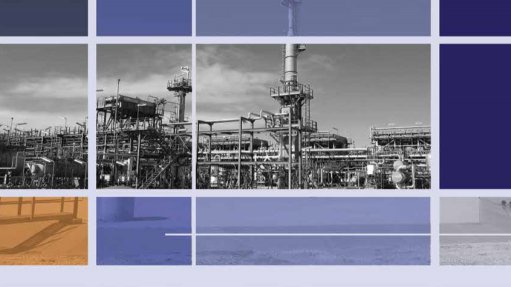
Under the title “Exports of Gas from Pande Temane to South Africa: The first major project of the extractive sector frustrates the expectations of Mozambicans”, CIP in 2013 published a report analysing the first project of exploitation of natural gas in Mozambique that resulted from an agreement between the Mozambican Government and the South African multinational Sasol, signed in 2000, in the form of a Petroleum Production Agreement (PPA). Analysing the revenues of Sasol and the Mozambican Government, that report covered the period from the beginning of production in 2004 to 2012.
Four years later, in 2017, CIP publishes the present report updating the first. This analysis covers developments in the PPA, following the publication of the first report in 2013, through December 2016, and finds that:
As foreseen in the PPA contract, after the first 10 years of exploitation of natural gas from Pande and Temane by Sasol, not only was the price liberalised, consisting in the abandonment of the ‘clause’ of limits on the method of calculating the natural gas price from Pande and Temane, but there was also a marked increase in the production of natural gas; however, the high expectations that the combination of these factors would result in a significant increase in government revenues did not materialise.
The official story is that it was the fall in international prices that thwarted the potential of the liberalisation of the sales price of gas from Pande and Temane to significantly increase government revenue. It is true that price liberalisation occurred in the context of a significant drop in gas prices on international markets, but this is a minor factor as an explanation for not increasing the revenue of the Government.
Affecting negatively the level of government revenue from the project in the period under review, three factors impeded the revenue increase from Sasol Petroleum Temane (SPT) -- the entity that pays the income tax (Impostos sobre o Rendimento de Pessoas Colectivas, IRPC) to the Government:
- First, in addition to the initial capital that was increased by 66% more than originally anticipated, there was a supplementary investment, of the very high amount of US$ 400 million, aimed at increasing the capacity of the central processing facility, that played a large part in reducing the government take in the first years after the investment;
- Secondly, the declared project operating costs were very high, representing on average about 50% of the revenues obtained by the SPT-led consortium, having reached 71% of revenues in 2011 and 54.3% in 2016. These costs are also recovered in advance but only after taxable income is recorded; and
- The fact that the sale and purchase of gas from Pande and Temane takes place within the same business group, i.e., Sasol, allows the practice of transfer pricing, with SPT, registered in Mozambique, transferring the gains to SASOL Petroleum International (SPI), registered and based in South Africa. With this, even with the liberalization that occurred, the sales price of gas from Mozambique still continues to represent only a fraction of the price of gas in other countries.
These are the factors that have minimised SPT’s revenue in the context of the PPA, with negative consequences for the fiscal revenue to be received by the Mozambican Government.
As a result of the above, the PPA is structured in such a way that the South African multinational Sasol is enriching itself, while the Mozambican Government is being milked.
Accordingly, it is recommended that the following take place:
- Review of the methodology for calculating the price at which SPT sells natural gas from Pande and Temane to SPI, in line with the main international markets;
- Verification of (alleged) costs incurred in increasing the capacity of the central processing facility; and
- (Strict) control of project operation costs.
Report by Oxfam